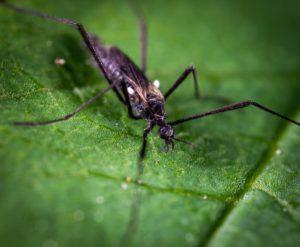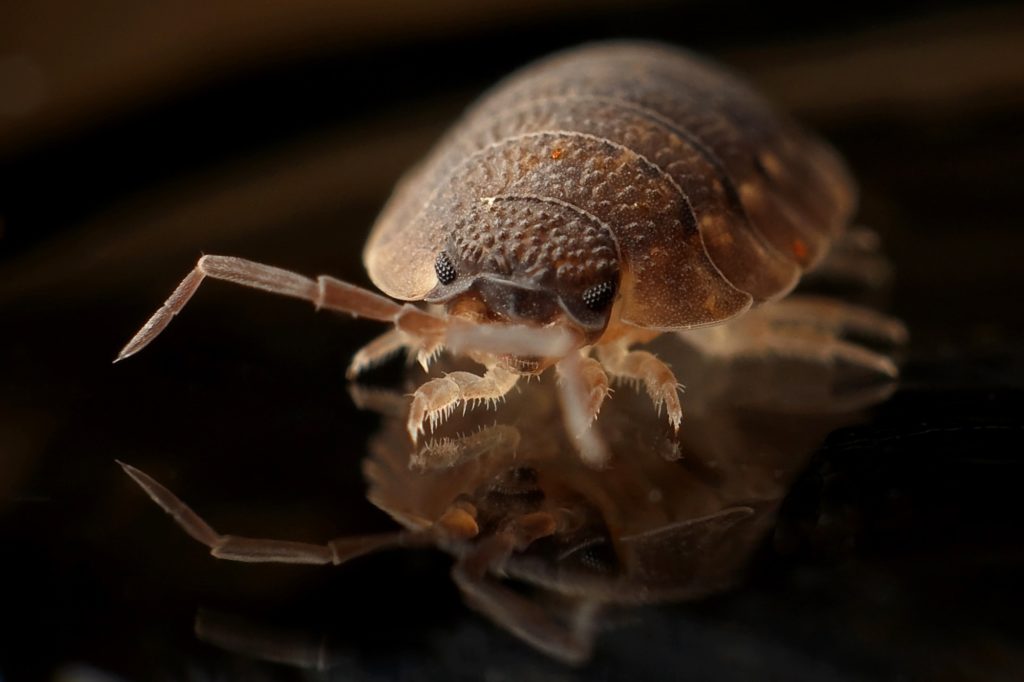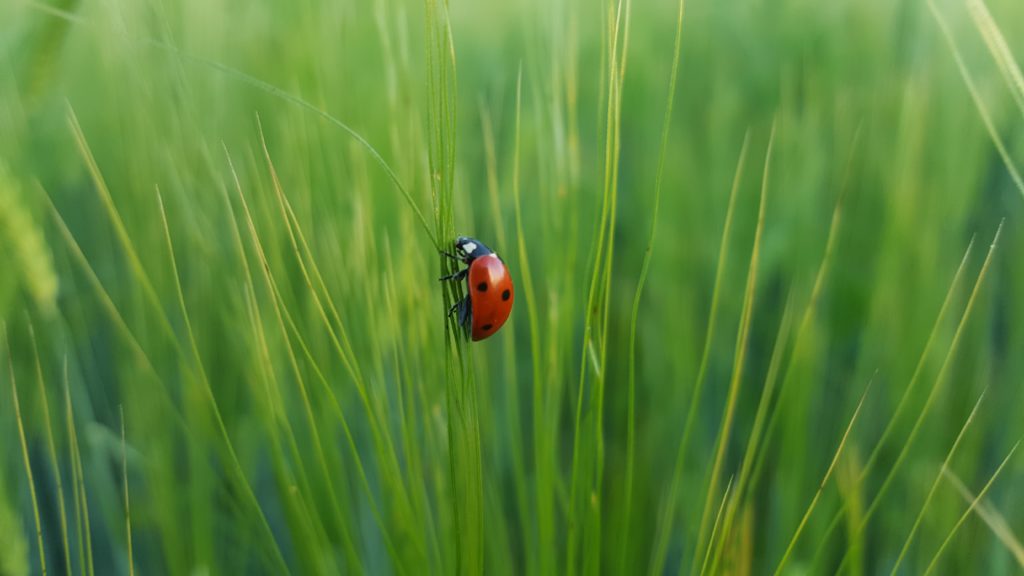Want to know how to get rid of mosquitos? We have you covered! Fresh air, sun-kissed skin, and waves crashing on the beach are just a few things that describe summertime in Charleston. Something people tend to forget when dreaming of long days outside with the family – mosquitos. Our warm, humid environment is the perfect climate for mosquitos to multiply. Read on and we’ll show you how to get rid of mosquitos this summer.

How to Get Rid of Mosquitos:
Tip #1: Check Your Yard for Standing Pools of Water
Mosquitos rely on standing water to lay their eggs and grow populations. Fortunately for mosquitos, standing water is commonplace in the Lowcountry of South Carolina. The perfect place for a mosquito to grow its population in your yard is by seeking out water. Check for containers or low-lying areas in your yard for standing water and be sure to dump or drain any that you find. This will help you get rid of mosquitos.
Tip #2: Keep Up With Your Yard’s Landscaping
Not only do mosquitos love standing water but they’re also drawn to dark, humid spots. If you’ve let your yard grow a little wild, you’re likely inviting mosquitos in to reproduce. A great way to prevent them from settling into your plants is to choose plants that repel mosquitos. Some great plants for this are marigolds, lemon bal, citronella, lavender, catnip, and fresh herbs.
Tip #3: Encourage Natural Mosquito Predators to Visit Your Yard
Mosquitos are a tasty snack for lots of common animal species. This natural mosquito-control can help decrease the population in your yard and bring more pleasant natural visitors. Did you know many species of birds and bats love to snack on mosquitos? Dragonflies are also common predators of mosquitos. Encourage these natural predators to stop by your yard by adding aquatic plants or a small pond with a fountain to keep water from stagnating.
Tip #4: Have Your Yard Treated for Mosquitos
Our team at Exclusive Pest Control are happy to inspect your yard and spray treatments to kill mosquitos at any stage of their lifecycles. You’ll be able to enjoy your outdoor space without worrying about having to put on bug spray every few hours. Ask our team about our summer mosquito prevention treatment packages today!
It’s Time to Live Mosquito-Free
Achieving a mosquito-free backyard shouldn’t be difficult or stressful. Now that you know how to get rid of mosquitos get to it! Contact us today if you need more information and want to schedule a consult.






